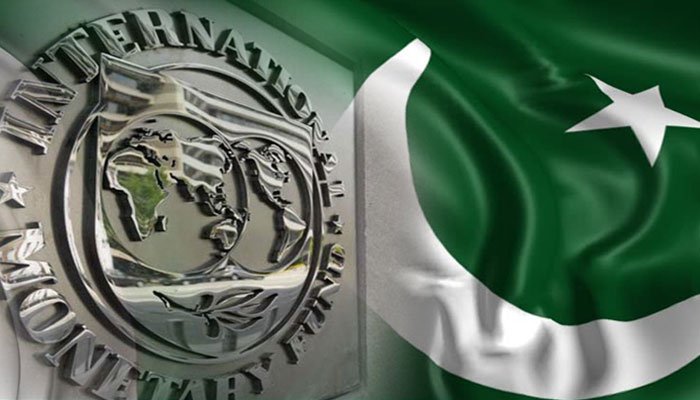Releases detailed report on country’s economy
The IMF has asked Pakistan to levy more taxes to generate revenue and also demanded to raise electricity tariff, as the IMF released its country report on Pakistan yesterday.
According to the report, the global lender has suggested to Government of Pakistan to impose Rs1,115 billion additional taxes in the next fiscal year.
The Federal Board of Revenue has already started to withdraw exemption on income tax.
The Fund has recommended to give FBR a revenue target of Rs7,255 billion.
It suggests to collect Rs2,711 billion in direct taxes.
In petroleum levy, it recommends to collect Rs406 billion; in sales tax Rs3,295 billion and in customs duties Rs843 billion.
The International Monetary Fund slapped six more conditions on Pakistan, including increasing individual income tax rates and power tariffs while also faulted Finance Minister Shaukat Tarin’s first budget for increasing macroeconomic vulnerabilities.
The IMF on Friday released its detailed report on the health of Pakistan’s economy and the status of the implementation of the $6 billion bailout programme that is going to expire in September.
“The approved fiscal year 2022 budget marked a departure from the EFF objectives and contributed to rapidly increasing macroeconomic vulnerabilities,” said the IMF while tracing the roots of the crisis in Tarin’s first budget.
The report further stated that the budget “delivered a significant fiscal relaxation through large spending increases and the unwinding of several EFF tax revenue commitments, notwithstanding the past revenue underperformance”.
“The (IMF) staff regrets recent policy reversals which undermine the ability of the programme to achieve its objectives,” it added.
The report also revealed that Pakistan will have to implement six more conditions till June.
The personal income tax rates are related to the salaried class and the individuals doing business.
The government will prepare the draft personal income tax (PIT) legislation this month, according to the report, which will ensure the new tax legislation is ready to come into effect on July 1 with the fiscal year 2023 budget, it added.
The IMF further stipulated that the new personal income tax will reduce both the number of rates and income tax brackets, suggesting that the tax burden of the salaried class will almost double.
At present, there are 11 slabs with different rates and a maximum rate of 35 per cent.
By reducing the slabs, the people will fall into the higher tax slab.










